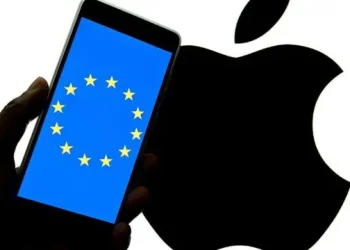U.S. President Donald Trump has announced plans to designate Antifa as a “major terrorist organisation,” a move that has reignited fierce debate across America’s political spectrum.
According to Trump, Antifa — short for “anti-fascist” — has been behind several violent demonstrations in recent years. He argued that formally classifying the group as a terrorist body would empower security agencies to clamp down more effectively on its activities.
Furthermore, Trump’s announcement comes amid rising political tensions, with protests and counter-protests becoming increasingly frequent across U.S. cities. By targeting Antifa, he is positioning himself as tough on domestic extremism, a stance that resonates strongly with his conservative base.
In addition, critics have raised concerns over the legality of such a designation. Civil rights groups argue that Antifa is not a centralized organization but rather a loose network of activists, making it difficult to apply terrorism laws to its members. They also warn that the move could threaten free speech and the right to protest.
Moreover, analysts note that this development could have far-reaching consequences for U.S. security policies. While Trump insists the step is necessary to curb violence, opponents fear it could set a precedent for labeling political opponents as security threats.
The proposal to brand Antifa as a terrorist organisation highlights America’s ongoing struggle to balance national security with constitutional freedoms. As the debate intensifies, the decision is likely to remain a key flashpoint in the country’s political discourse.






















